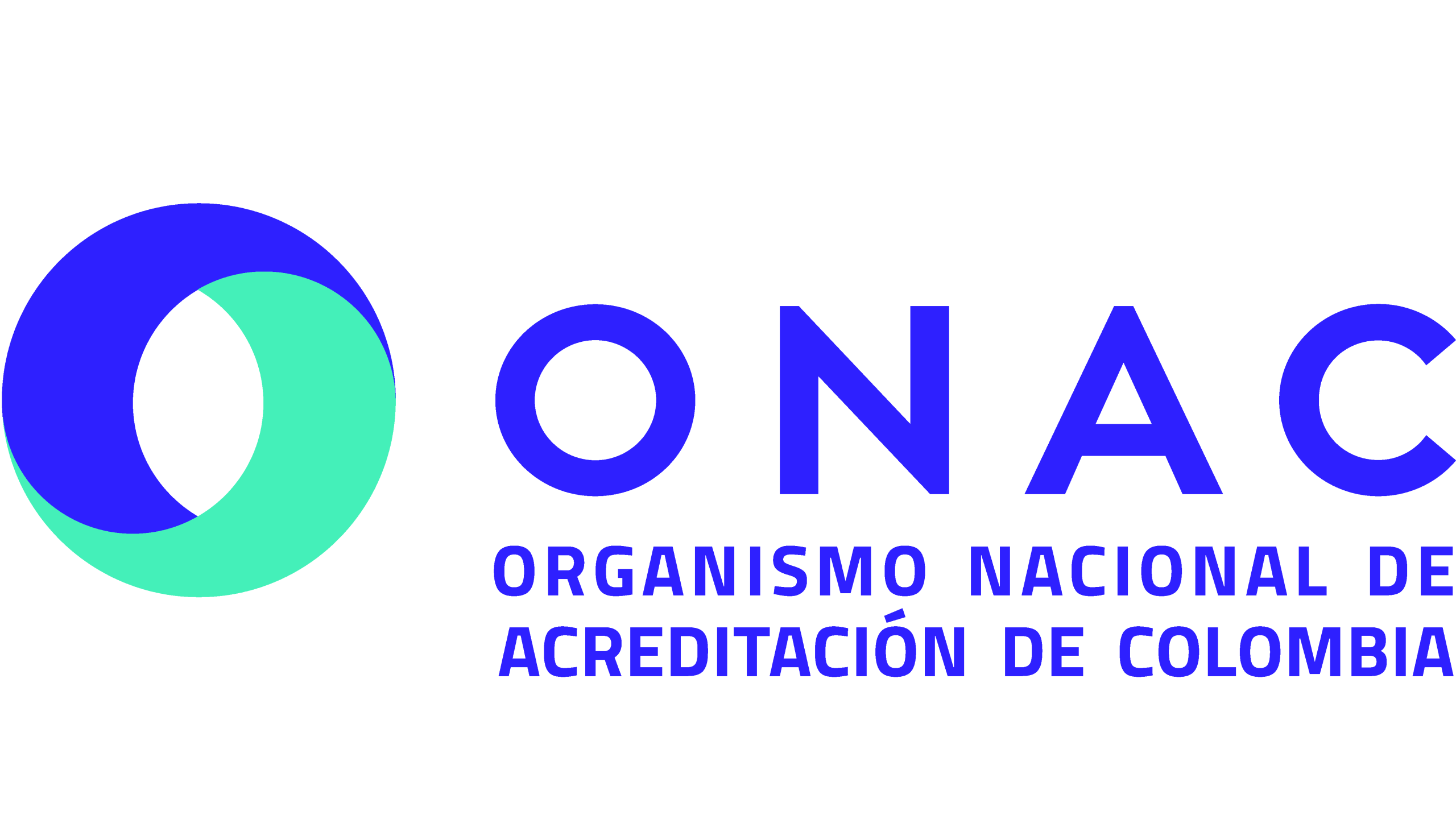We welcome you to the ONAC Blog
In this space you will find articles of interest about accreditation, conformity assessment, trends, news, new services and much more. So that you stay ONACupdated in terms of accreditation and quality infrastructure.
Latest articles
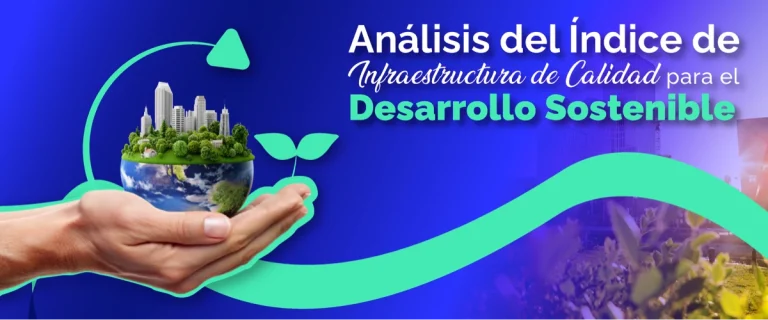
New frontiers in quality infrastructure research
Quality infrastructure refers to the technical institutions that support global trade while ensuring that consumers can purchase safe, healthy and high-quality products and services. In
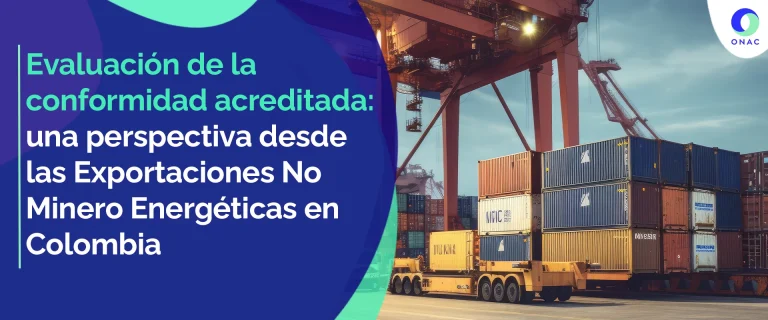
Certifications in the skin: how accreditation contributes to security in the cosmetics industry
In recent years, the popularity of cosmetic products has intensified, which is reflected in growing demand and, consequently, an increase in the total profits generated
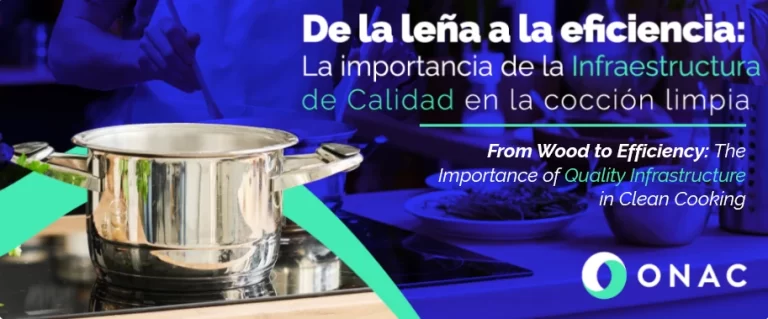
From Wood to Efficiency: The Importance of Quality Infrastructure in Clean Cooking
Graph 1: Households that prepare food according to the fuel (energy) they use for cooking Clean cooking or cooking refers to the use of clean
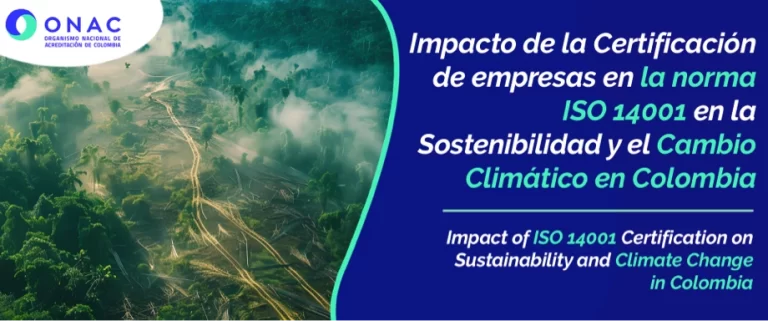
Impact of ISO 14001 Certification on Sustainability and Climate Change in Colombia
Economic and Social Research Coordination for Quality InfrastructureOrganismo Nacional de Acreditación de Colombia – ONAC Abstract This study analyzes the impact of ISO 14001 certification
